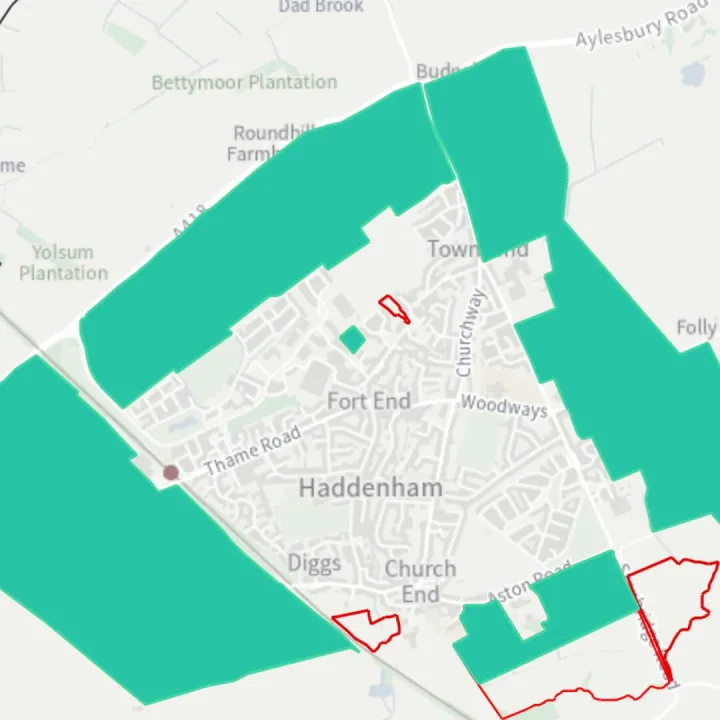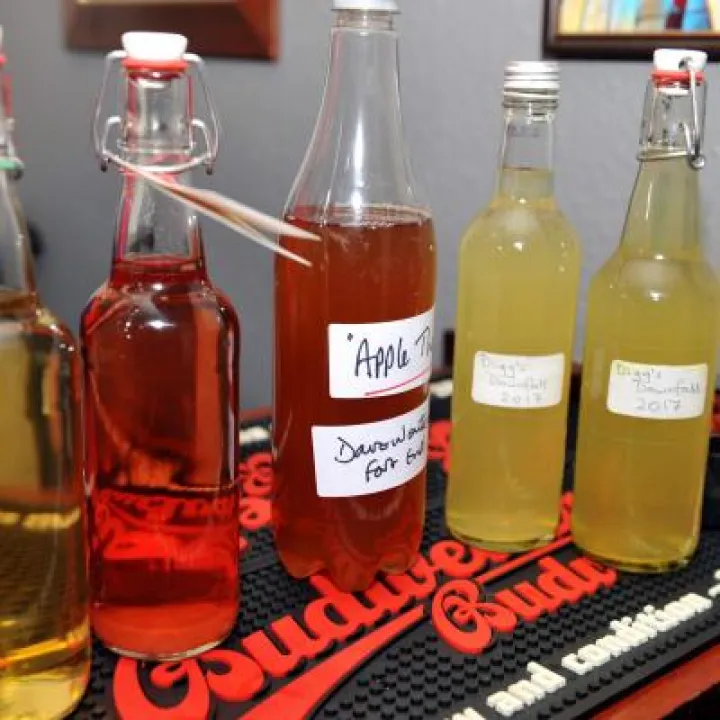Regular visitors to Haddenham.net will be aware that, among the many community organisations featured and celebrated within our village, this website also tends to feature articles relating to health and maintains close links with the Haddenham Medical Centre. This is for three main reasons:
- Maintaining good health and the hope of receiving effective care when we are unwell is a natural priority for most adults
- The majority of residents of the village are registered with the Haddenham GP practice
- The editor of Haddenham.net is also the current chairman of the Haddenham Patient Participation Group (PPG).
Resource allocation for health care is a highly political issue – under the NHS system, the demand for health care will always outstrip supply and someone has to make difficult decisions about how finite resources are prioritised and allocated.
The government obviously defines the overall health spend at a national level, but at a local General Practice level, service prioritisation and resource allocation is now determined by Clinical Commissioning Groups. Even if you are only vaguely curious about how decisions are reached in terms of what medical tests are available to GPs, what medicines can be prescribed and what treatments will be funded, you may wish to attend the next meeting of the Haddenham PPG, when a representative of the Aylesbury Vale Clinical Commissioning Group will be providing an overview.
The meeting will take place at Haddenham Medical Centre on Tuesday 28th January, beginning at 7.30pm. All patients registered with the Haddenham practice are welcome to attend.
More on 'The Politics of Health'
As free thinking individuals we each have a personal responsibility for maintaining our own health and, as far as we can influence this, are able to make conscious lifestyle choices on the basis of the information available. Irrespective of one's personal political leanings, most people would accept the view that national government has a role to play in providing information that helps the population live healthier lives. Some would also argue that govrnement policies should be laid down to help steer individuals towards making 'sensible' lifestyle choices for their health and wellbeing.
On occasions, your website editor stares in disbelief at the workings of some government policies in this arena. One recent example has been the current government's attitude to the pricing of alcohol. It seems he is not alone in his incredulity. Here are the views of the British Medical Journal, as published on BMJ.com on Thursday 9th January.
..............................................................................................
Minimum alcohol pricing: a shameful episode
by Fiona Godlee, editor of the BMJ
Thursday 9th January 2014
This time last year public health campaigners and policy makers were confident that a minimum price on a unit of alcohol would be introduced across the United Kingdom. The evidence for substantial health benefits and cost savings was clear, a public consultation on the level of the price was just closing, Scotland had introduced a minimum unit price (though now under legal challenge by the drinks industry), and the UK prime minister had given his personal commitment that England and Wales would follow suit. Then in July the government announced that the policy had been shelved.
The politics behind this sudden U-turn have been something of a mystery. The Home Office minister Jeremy Browne gave as his reason that the government didn't have "enough concrete evidence" that a minimum price would reduce the harms of problem drinking without penalising responsible drinkers on low incomes. However, as Jonathan Gornall has discovered in an investigation published in the BMJ this week, the government had the necessary evidence, in the form of a report commissioned by the government in 2008. But in an agreement between the Home Office and the report's academic authors it was embargoed until after Browne's announcement.
This sleight of hand by ministers has shocked even experienced public health campaigners, including BMJ editorialists Ian Gilmore and Mike Daube. More shocking still are Gornall's findings of the extent and effects of contact between ministers and interest groups lobbying against the minimum unit price. Requests made under freedom of information legislation have revealed dozens of face to face meetings between senior ministers and industry representatives, during and after the public consultation, leading Gornall to conclude that the consultation itself was a sham.
Carefully nurtured long term relationships have led to what one academic calls "quite astonishing levels of contact." While MPs struggled to gain access to ministers, representatives of alcohol companies and major supermarkets had easy access--made easier by the well oiled "revolving door" between industry and special advisory posts. The lobbying was backed up by reports from think tanks linked to the industry that seeded cleverly targeted doubts about the evidence, using tactics reminiscent of the tobacco industry. Academics quoted by Gornall express concern about misuse of the scientific process by the alcohol industry and its mouthpieces.
The industry undoubtedly delivers benefits to society in employment and tax revenues and in the pleasures and even health benefits of moderate alcohol consumption. But as Nick Sheron and Kate Eisenstein explain in a commentary in the latest edition of the BMJ, the costs of harm caused by problem drinking far outweigh alcohol's revenues. The effect of heavy drinking of cheap alcohol in deprived communities is "savage," they say, and tax payers are bearing the cost. Meanwhile the highly targeted minimum unit price would have almost no impact on low risk drinkers. "Taking the cheapest booze out of the system is just about the perfect alcohol policy," they say.
Gornall's extensive investigation, published in full at bmj.com/alcohol, shows beyond doubt that commercial interests are currently in control of key decisions about the public's health. As the GP and Conservative MP Sarah Wollaston told Gornall, "You've got a government telling doctors to get out there and reduce avoidable mortality and yet they've stepped away from one of the best tools they could deliver for doctors to be able to do that." It is, as she says, outrageous.







